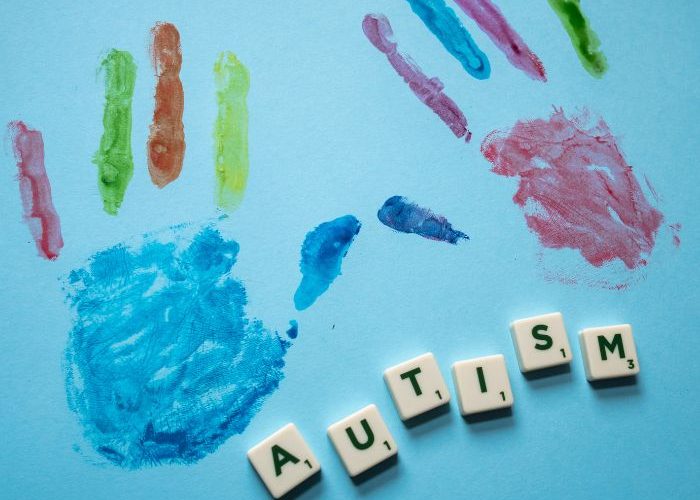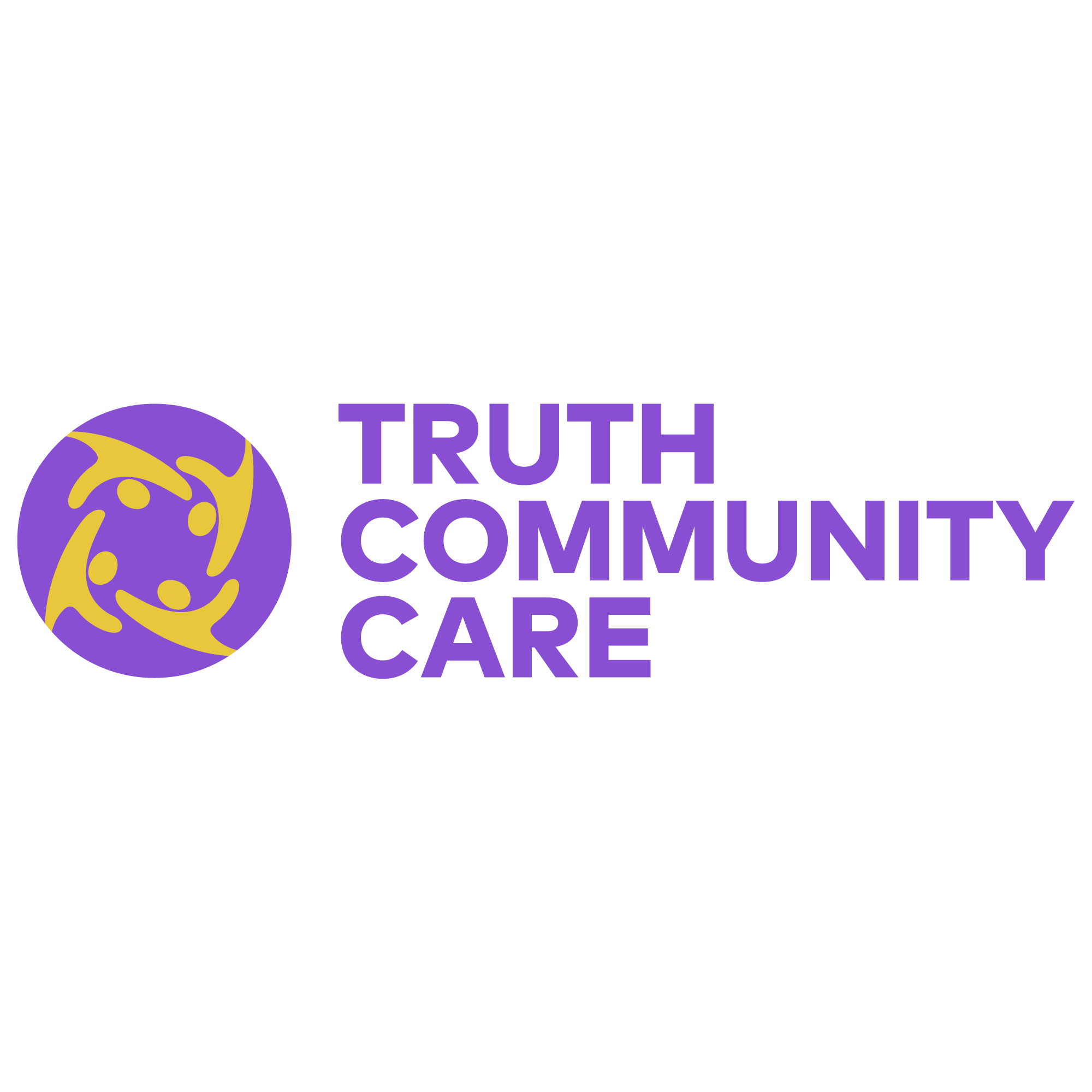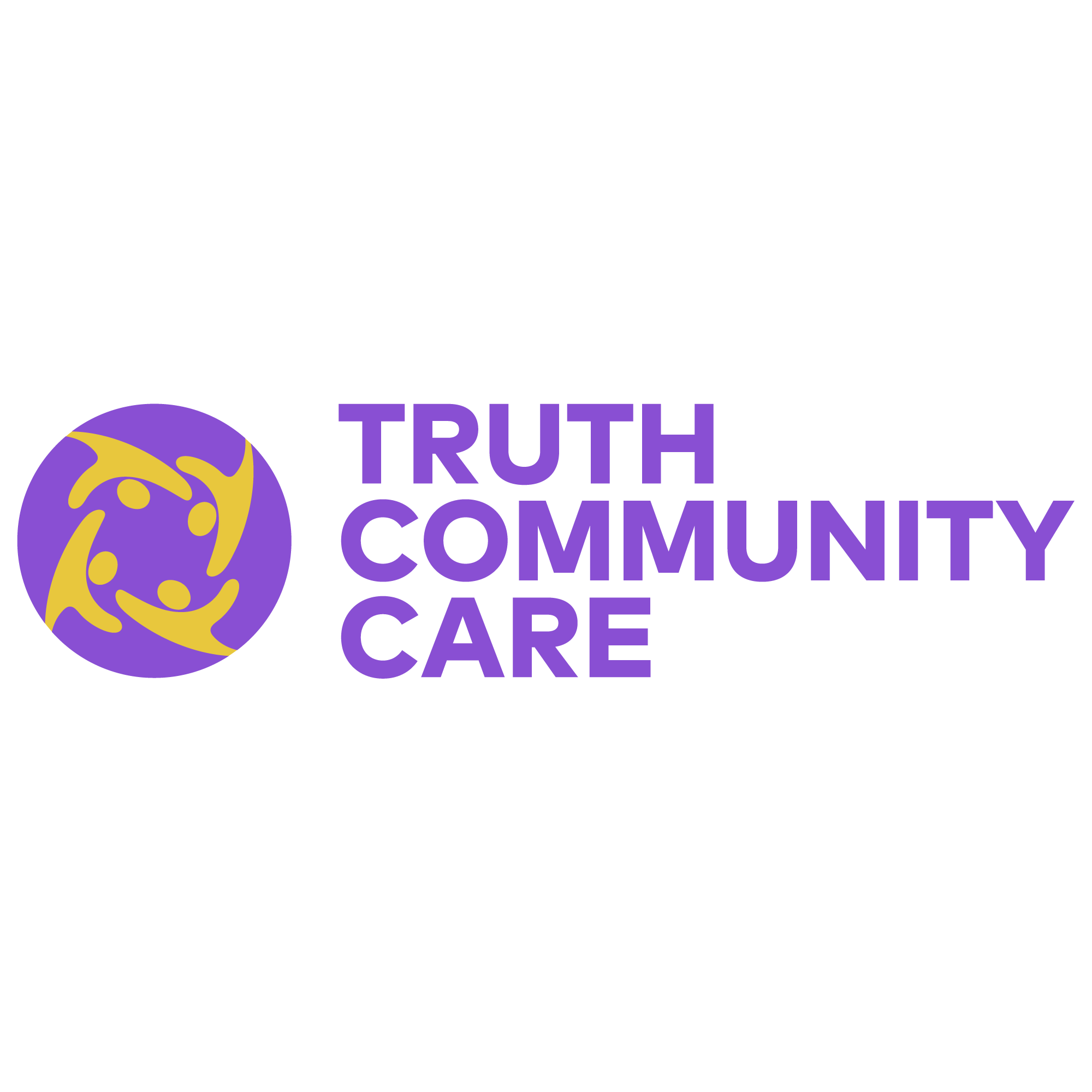Imagine seeing the world in a way that feels too loud, too bright, or too fast. For people with autism, this is often their daily experience. In Melbourne, like in many parts of the world, autism remains widely misunderstood. While awareness has improved, access to the right support continues to be a real issue — especially for families navigating the NDIS.
The good news? Understanding autism better is the first step to creating a more inclusive environment. Whether you’re a parent, carer, or educator, knowing the basics and how to find support matters more than ever.
What is Autism?
Autism is a developmental condition that affects how a person sees the world. It impacts how they communicate, learn, and behave.
People with autism may process information differently. Some might have strong attention to detail, while others may find changes in routine very stressful.

The signs often appear early in childhood. However, adults can also be diagnosed later in life. Autism is not a disease — it’s simply a different way of experiencing the world.
How Autism Affects Daily Life
Autism affects everyone differently. Some individuals may need daily support. Others may live independently with minimal help.
Challenges often include sensory sensitivities, social anxiety, or difficulties with change. But strengths such as creativity, focus, and deep thinking are also common.
Living with autism in Melbourne can still be tough without proper assistance. That’s why a trusted NDIS service provider is essential.
Early Signs of Autism in Children
Most signs appear by age two or three. These may include:
- Limited eye contact
- Repetitive behaviours (e.g., hand flapping)
- Delayed speech
- Strong reactions to sound or touch
Parents noticing these signs should consider early assessment. Early intervention can make a lasting difference.
Accessing Support in Melbourne
Melbourne offers several services for autism assessment and intervention. But navigating them alone can be overwhelming.
The NDIS (National Disability Insurance Scheme) helps families access therapy, education support, and social skill programs. Partnering with the right NDIS service provider ensures that individuals receive a plan that works for them.
Why Families Need the Right NDIS Provider
Not all NDIS providers are the same. A great provider offers personalised plans, clear communication, and ongoing updates.
Families benefit from:
- Tailored goals
- Support coordination
- Therapy access
- Assistance with daily living
In Melbourne, this partnership is vital for long-term success and improved quality of life.
Tips to Support Someone with Autism
Here’s how you can make a difference:
- Use clear, simple language
- Be patient and avoid sudden changes
- Encourage routine
- Celebrate small wins
- Ask the individual what helps them feel safe
- Little things often make the biggest impact.
Common Misconceptions About Autism
Many people believe myths like:
- “People with autism can’t communicate.” (False)
- “Autism is caused by vaccines.” (False)
- “All autistic people are the same.” (False)
Education and real stories break these stereotypes. Be curious, not judgmental.
FAQs
Is autism curable?
No, autism is not a disease. It’s a lifelong condition with no “cure,” but support helps.
How can I get assessed in Melbourne?
See your GP for a referral or connect with a local autism clinic or NDIS service provider.
What age can autism be diagnosed?
Signs can be seen from age two, but diagnosis is possible at any age.
What help is available through the NDIS?
Therapies, daily support, education programs, and more — tailored to individual needs.
Key Takeaways
Autism is not a limitation. It’s a different way of thinking, learning, and experiencing the world.
In Melbourne, many families still struggle to find the right path. That’s why knowing what autism is, how it affects lives, and where to seek help makes a big difference.
With the support of an experienced NDIS service provider, individuals with autism can thrive — not just survive.




